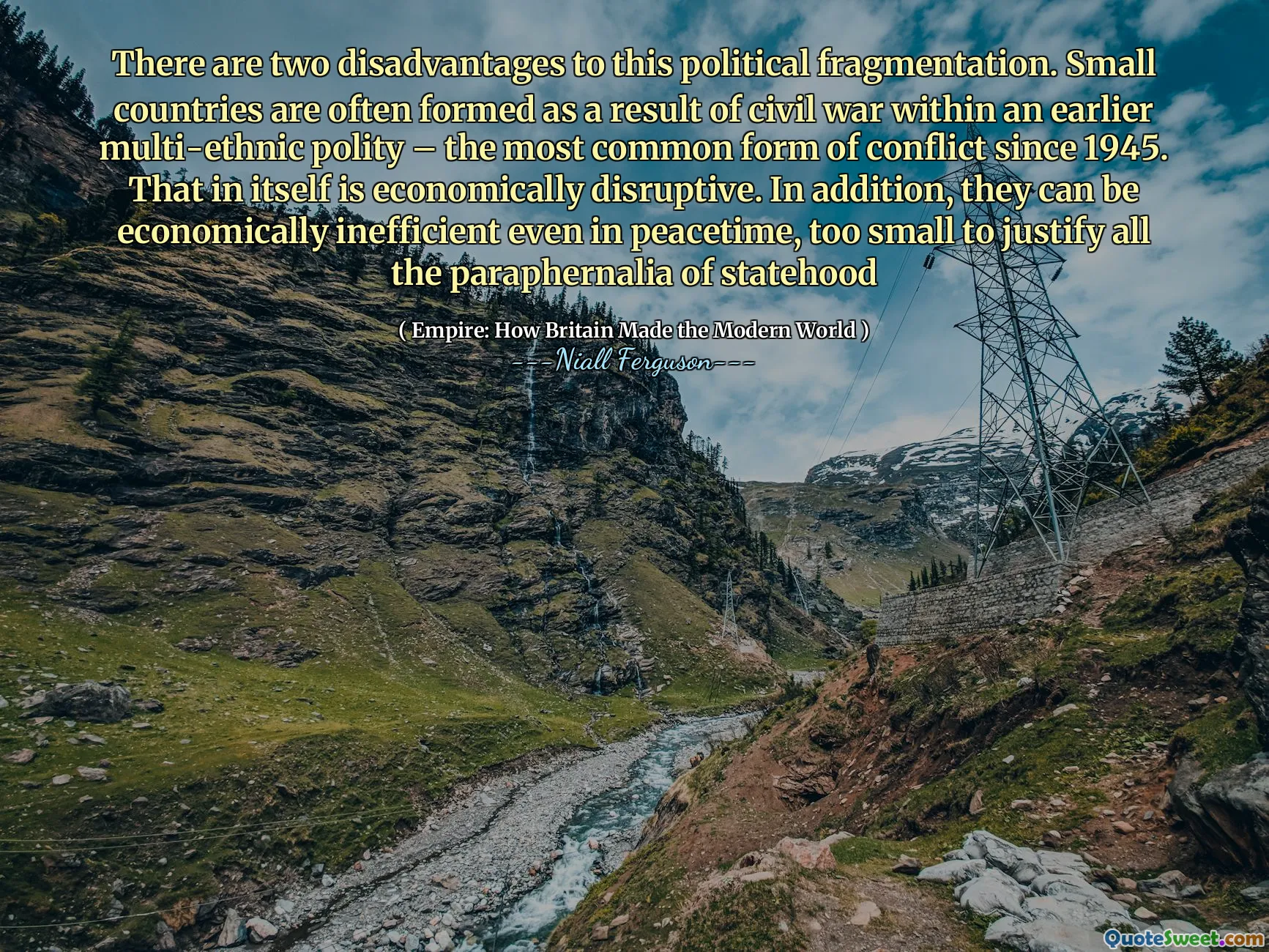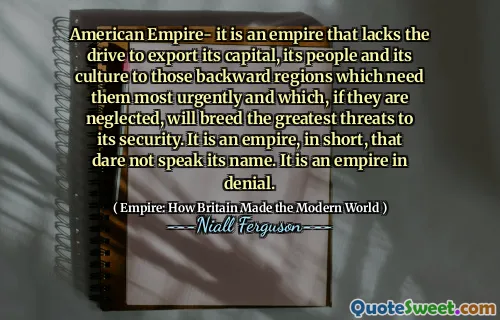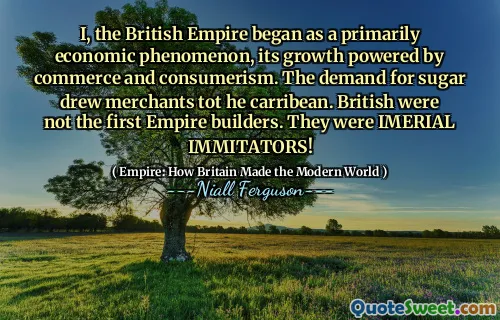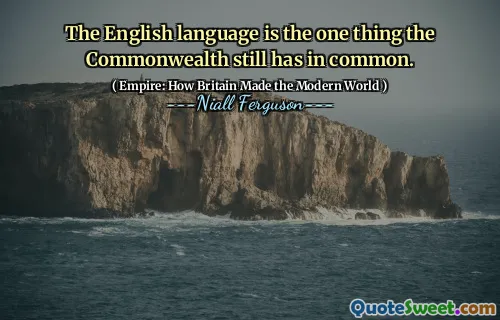
There are two disadvantages to this political fragmentation. Small countries are often formed as a result of civil war within an earlier multi-ethnic polity – the most common form of conflict since 1945. That in itself is economically disruptive. In addition, they can be economically inefficient even in peacetime, too small to justify all the paraphernalia of statehood
Political fragmentation has two main drawbacks. Firstly, many small nations are established following civil wars within previously diverse multi-ethnic states, which has been a frequent occurrence since 1945. This unrest not only creates new borders but disrupts economies and societal structures. The aftermath of such conflicts often leaves a legacy of instability and economic challenges.
Secondly, even in periods of peace, these small states can struggle economically. Their size often makes it hard to sustain the full range of governmental functions necessary for effective statehood. This inefficiency can hinder growth and development, making it difficult for these nations to thrive on their own.











